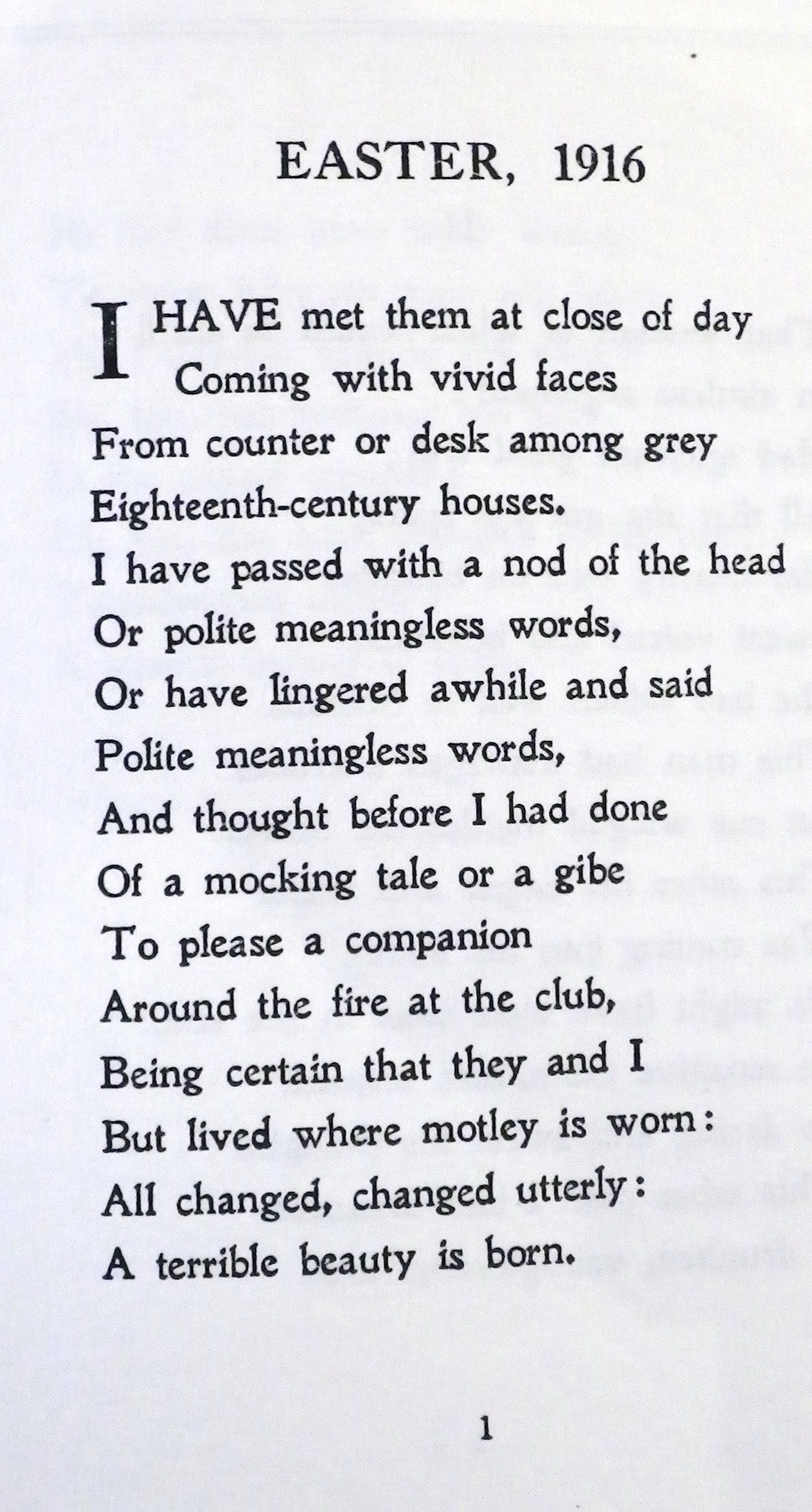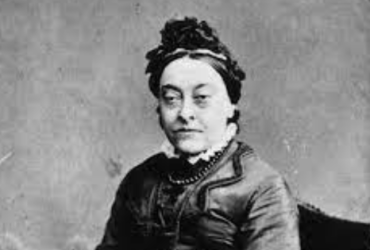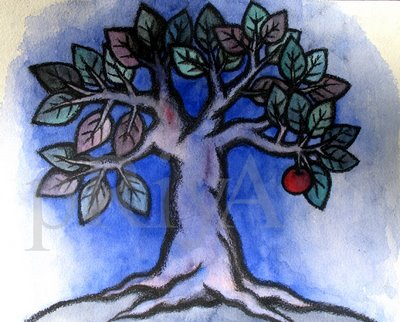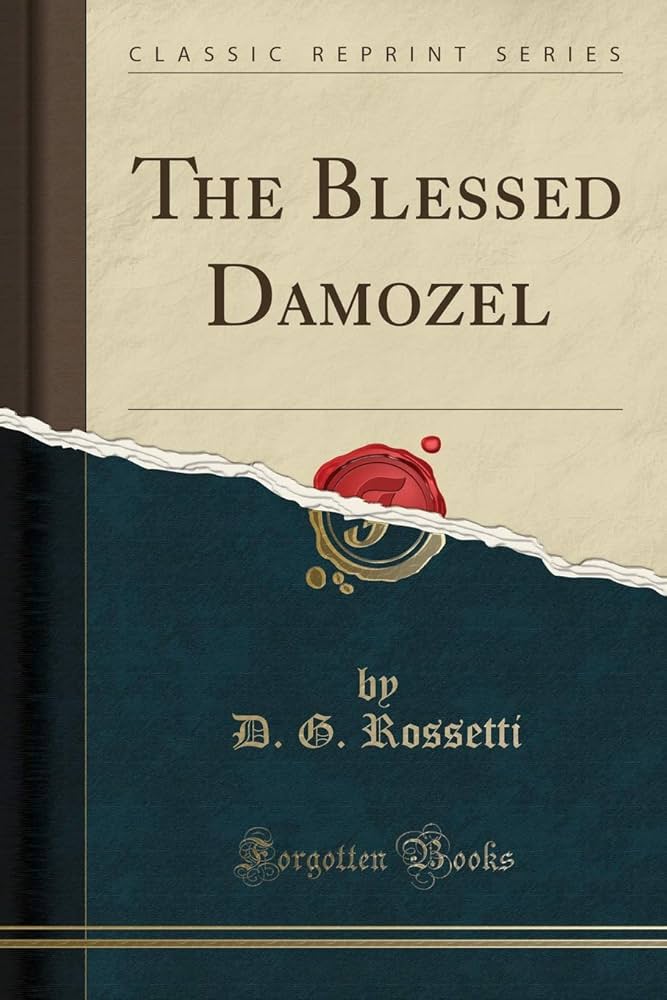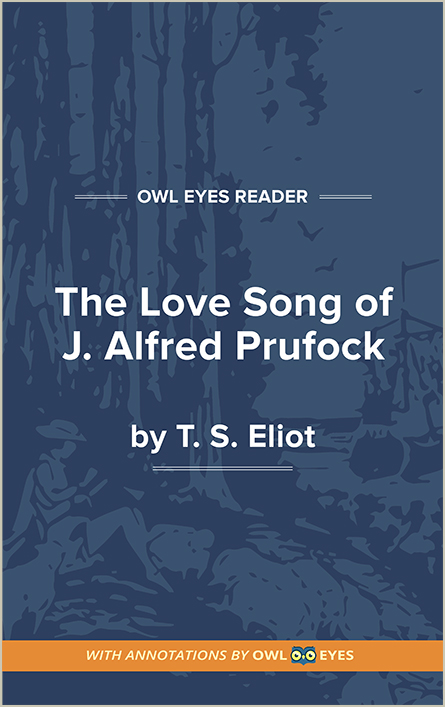
Bring out the elements irony and sarcasm in Eliot’s “The Love Song of J. Alfred Prufrock.”
Irony implies the contrast between what is apparent and what is actual. This is a literary device that reveals the grim reality underlying a romantic or attractive façade of a particular character, situation, or matter. The author is found to have recourse here to the presentation of the contradiction between what is believed to be real and what really is. This irony consists, in Hudson’s language, of ‘the contrast between the two aspects of the same thing.’ Sarcasm, on the other hand, has a straight, rather direct, statement meant for exciting contempt or ridicule. The purpose is to cause harm or inflict injury.
In his poem “The Love Song of J. Alfred Prufrock“, T.S.Eliot, however, is found to have extensive use of irony to communicate his theme of hesitation, indecision, and frustration in an environment entirely incongenial. Both in the theme and in the title of the poem, there is a suggestive, ironic representation of the poet that highlights the seamy, sordid, and squalid state of modern urban life.
Prufrock’s song, in fact, though titled as a love song, is no conventional song of love. He differs from the traditional, warm-hearted lovers of Astrophel and Stella (1591) and Amoretti (1595), or even from the Shakespearean sonnet series. His passion has actually no beginning, no middle, and no end. He seems to have no real feeling, no actual intent, no exact purpose. It is doubtful whether he is a profound lover or a man seeking love as a refuge from the exhaustion of the mechanical urban life of modern times. In reality, he seems to be a resident of a modern metropolis, without any stamina, determination, or strength of purpose.
Prufrock is actually a modern man, a middle-aged, average modern man, lacking a robust personality, steadiness, or determination in his plans or purposes. He is rather a neurotic character, created in the urban environment, one who feels easily confused, bewildered, helpless, and not sure of his actual intention or the objective of his pursuit. Prufrock is truly no eager lover, with an intense share in the passion or pang of love. On the other hand, he is an unsteady intellectual of modern metropolitan life, who is prompted to weigh every issue carefully and is not responsive to the spontaneity of his emotions. He has desires and inclinations, even romantic, but lacks the courage and conviction for any bold venture or prompt execution.
Indeed, Alfred Prufrock, as Eliot presents him, is a typical modern man who sees and knows thoroughly well modern life, with all its emptiness, sophistication, and insignificance. The triviality and vanity of this life are patent to him, and he has neither any illusion about nor any attachment to this life. Like an over-conscious, rather a despondent intellectual, Prufrock, under the oppressive environment of modern metropolitan life, thinks of himself as a sort of worm, wriggling on the wall. The insignificance of his life is frankly admitted, and his narrow approach to this life is heard in his frank confession-
I have measured my life with coffee spoons.
Prufrock, as a dweller of urban civilization, is, as already indicated, unambitious, somewhat cowardly, and has no venturesome spirit. He is well aware of his physical debility and personal limitations. He prefers to remain in a state of uncertainty rather than pursue a significant venture and face the shock that comes with it. As a matter of fact, he lacks the vigour of a mind to undertake the stress and strain of eventuality and chooses to evade rather than to act, to postpone rather than to dare. This consciousness of his own deficiency follows from the deficient environment in which he is forced to live.
Indeed, Prufrock’s monologues serve to reveal the hollowness of modern life, with all its artificiality and insignificance. As an average modern man, as drawn by Eliot, Prufrock is found to suffer from indecision and irresolution, and that is found in the constant repetitions of his love song. In fact, the entire monologue is a penetrative account of an average modern man’s sense of indecision, hesitation, and tendency to evasion. There is not the slightest impulse of love, nor anything of passionate attachment to make Prufrock’s monologue a song of love. The whole situation exposes the ironic contradiction inherent in modern metropolitan living to which Prufrock is a pathetic prey.
The title of the poem, which is quite patent, has little to affirm Eliot’s subject matter. The term “Love Song” actually has an ironic application, whereas the situation is more psychological than physical. What the poet presents here is the emptiness of the human experience of love and the lack of spontaneity in human emotion, resulting from the incongenial environmental effects of modern urban life to which Prufrock belongs. This is, too, ironic in its implication.
The portrait of Eliot’s hero Prufrock is equally ironic in effect. Prufrock is presented as a middle-aged, neurotic dandy with a split personality, and the two aspects of his personality are marked in the two pronominal terms ‘l’ and ‘you’. His love song, no doubt, is expressive of his latent desire, but it is never sung and remains instead a silent lament of his own ineptitude and incompetence. The poem is his interior monologue, not an intimate declaration of love. He wishes to propose for love and marriage but is unsure of how is to do this and, perhaps, too, to whom. He yearns, no doubt, for love, but is, too, passive, timid, and apprehensive, to win this. He lacks the courage and personality to face the scrutinizing eyes of the fashionable ladies. He is, as he admits, afraid, and he is aware, too, ironically, of his lack of stamina to confront an ordeal, so he prefers to turn back, after all his plans of proposing. He has the fascinating vision of the mermaids singing each to each, but, ironically enough, he is definite that they will not sing to him. The irony in his situation is too glaring, given the sharp contrast between his ideals and reality.
But this is not all. The element of irony is patent not merely in the theme, title, or the portrait of the protagonist, but also in the very contrast so distinctly marked in the whole treatment. There is a surprising juxtaposition of seriousness and levity, of genuineness and pretense. In the course of his journey through the half-deserted streets, Prufrock has the experience of fashionable ladies talking lightly of the master artist Michelangelo. The utter hypocrisy of so-called high society is here, ironically, exposed. The reference to the ancient Greek author, ‘Herod’ implies a contrast between a hard industrious life of a farmer and Prufrock’s life of passivity and inactivity. Again, the mingling of the grandiose with the trivial is quite trenchant in Prufrock’s oft-quoted admission-
I have measured out my life with coffee spoons.
The sickliness and triviality of modern life are all decisive here. Eliot’s sarcasm is evident here, as it is elsewhere. In fact, this is discernible all through the poem as in the poet’s presentation of his hero’s dandyism that bears out what is actually ludicrous in this middle-aged, bald, thin-legged, mediocre person :
I shall wear the bottoms of my trousers rolled.
Prufrock’s irony lies not only in his self-awareness but also in his inability to act upon that awareness. He recognizes his mediocrity and insignificance, yet this recognition does not liberate him; instead, it paralyzes him further. This paralysis is perhaps the most tragic irony of his character—knowledge does not lead to action, but instead to deeper inaction. Eliot here portrays the intellectual modern man as one trapped in his own consciousness, incapable of translating thought into deed. This self-defeat is what makes Prufrock an archetypal modern anti-hero.
Moreover, Eliot’s use of fragmented imagery heightens the ironic disjunction between Prufrock’s desires and his realities. The “yellow fog” that rubs its back upon the window-panes, the “soot that falls from chimneys,” and the “half-deserted streets” all suggest stagnation and decay rather than vitality or love. These symbols ironically mirror Prufrock’s inner world, where every romantic impulse is dulled by the atmosphere of urban sterility. Instead of being inspired by his environment, he is suffocated by it, and this suffocation turns his “love song” into a dirge of existential despair.
Finally, Eliot ensures that Prufrock’s dilemma transcends the personal and becomes representative of a whole generation. His indecision, cowardice, and fear of ridicule are not merely individual shortcomings but reflections of the fractured, spiritually exhausted modern society. Thus, the irony of Prufrock’s love song is also the irony of contemporary civilization itself—where progress has led not to fulfillment but to alienation, where knowledge has not empowered but paralyzed, and where love has been reduced to a timid whisper drowned in the clamor of superficial urban existence. As J. Hillis Miller insightfully observes, “Prufrock’s paralysis follows naturally from this subjectivizing of everything. … Prufrock’s vision is incommunicable, and whatever he says to the lady will be answered by, ‘That is not what I meant at all / that is not it, at all.’” This critical remark highlights the tragic irony of Prufrock’s condition: his consciousness is acute enough to perceive the gap between inner desire and outward communication, yet that very awareness locks him deeper into inaction and isolation.

